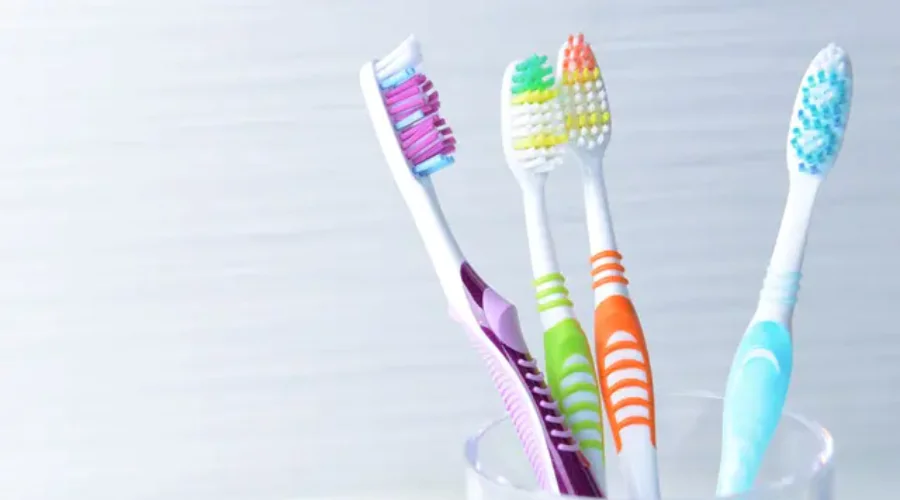
- 13 Jul
- 2023
Ilustrasi gambar (Shutterstock)
FKG UM Surabaya Lecturer: This is the Reason for the Importance of Changing Toothbrushes Every 3 Months
One component that plays an important role in maintaining the cleanliness and health of the teeth and mouth is a toothbrush. The right toothbrush means that when used it can remove dirt properly, is comfortable to use and safe for teeth and gums.
One study showed that after 40 days of consistent use, the expanding bristles start to make toothbrushes less effective. Study participants who did not replace their toothbrushes on day 40 of use experienced significantly more plaque buildup. And after being used for 3 months, toothbrush bristles usually bloom sideways and rough so that they are no longer effective in removing dirt from teeth and gums, can even injure gums and scratch the outer layer of teeth.
The American Dental Association (ADA) and Center for Disease Control and Prevention (CDC) recommend changing toothbrushes every 3 to 4 months. However, one should not delay changing the toothbrush if it turns out that the toothbrush has been damaged before 3 months.
UM Surabaya Faculty of Dentistry (FKG) lecturer Anita Yulviyani said, if the bristles are damaged, they should also be replaced immediately. Damaged bristles can injure the gums, causing them to bleed. However, apart from damaged bristles, bleeding gums can also be caused by sensitive gums.
"Apart from changing toothbrushes every three months, there are a number of toothbrush maintenance that must be carried out so that their function can be maximized, namely do not use a toothbrush together with other people, including family," said Anita Thursday (13/7/23)
Anita emphasized that one should rinse toothbrushes under running water after use until they are clean, and do not use closed containers on toothbrushes to prevent fungal growth and bacterial development.
“Several indicators and the right time to replace the toothbrush. The first is when the toothbrush bristles begin to bend and break, the second when the toothbrush is often in contact with water and gets wet and the third when it has been used for 3 months.
So what are the consequences of not changing your toothbrush regularly? According to Anita, there are three effects of not changing your toothbrush regularly, including: buildup of tartar, plaque on your teeth that doesn't disappear and gum damage and sensitivity.










(0) Comments